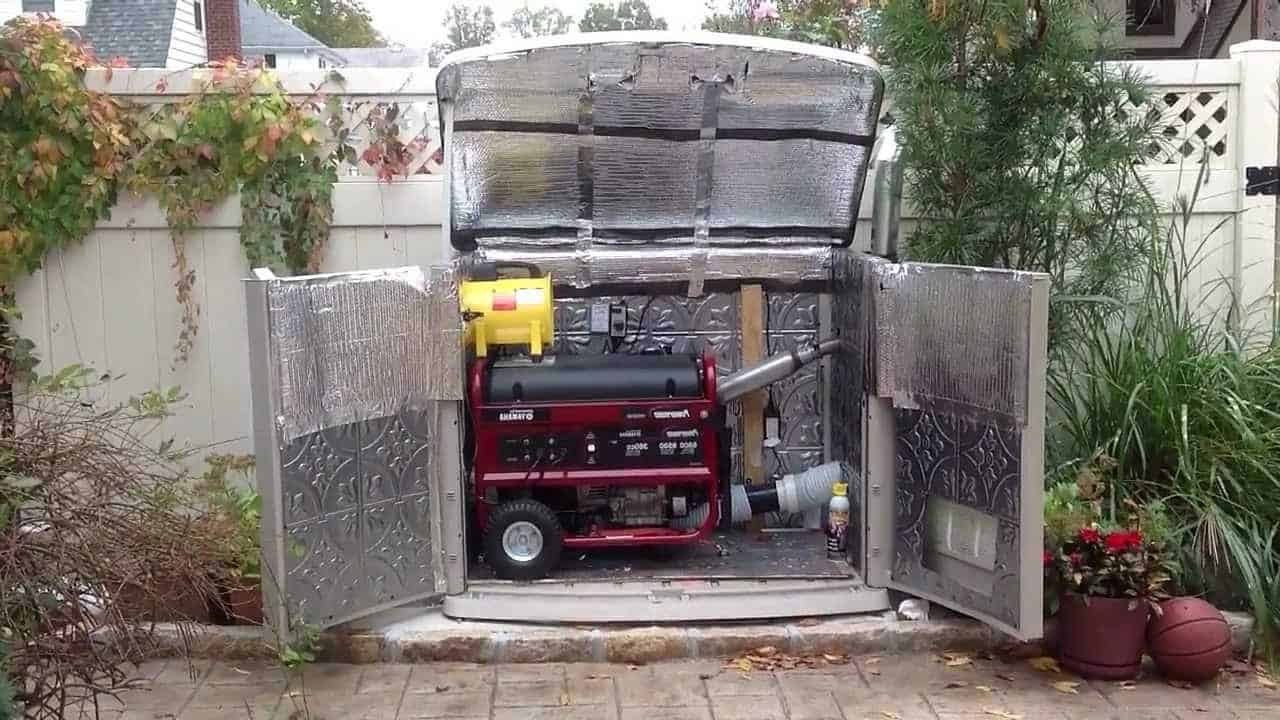
Most generators that are available in the market are durable and reliable but can generators overheat?
Generators are essential but also deadly, especially if you don’t store them in the right place and if you don’t operate them properly. According to statistics and reports, a considerable percentage of the fatalities known to have occurred in the home are caused by a generator that is improperly placed in the living room or basement.
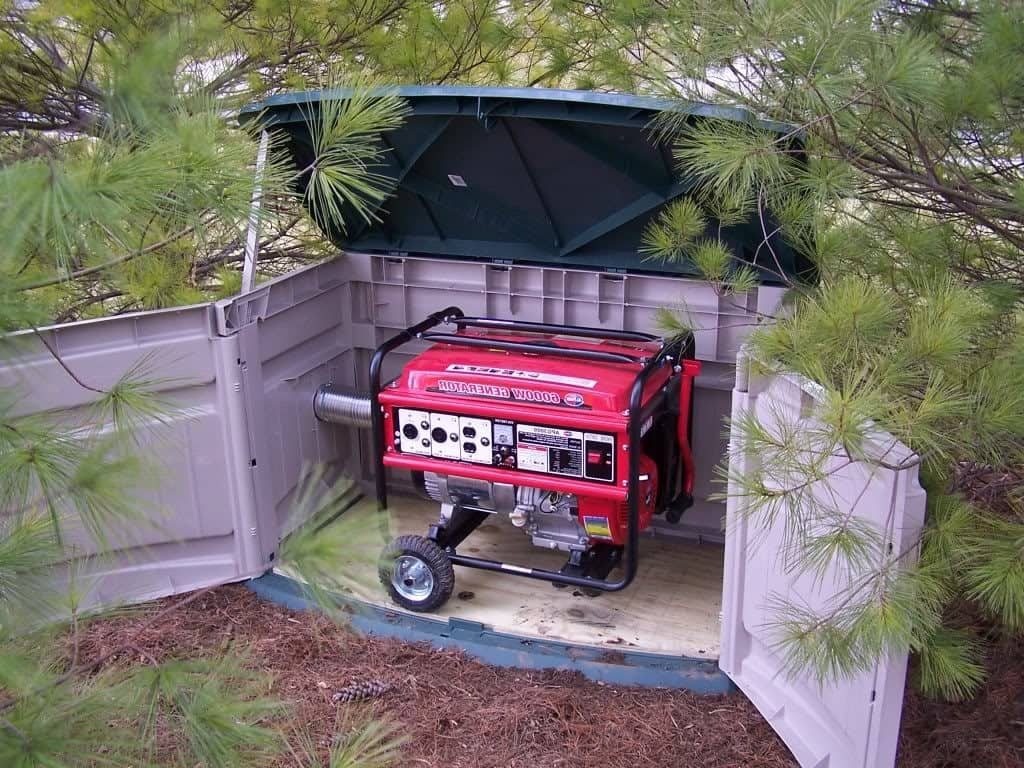
Can Generators Overheat: Causes and Solutions
Aside from carbon monoxide poisoning, there are other reasons why generators can be deadly. How about overheating? Can generators overheat and can cause serious, life-threatening situations?
Reasons Why Generators Overheat
Can generators overheat? Yes, generators can overheat because of the following reasons:
Electrical Overload
Generators vary a lot in size, fuel usage, and power output. Some generators provide 2,000 watts, while others offer 10,000 watts and 12,000 watts of power.
You must know how much power you need because it is not advisable to overload your generator. When you overload the generator by connecting many appliances and devices, the generator needs to produce more power which can cause overheating.
Do not also attempt to use multiple extension cords that can draw more power. The extension cords should be high quality and ensure that the wiring is not damaged, as it can also overheat the engine.
Exhaust Pipe Blockage
It is necessary to place your generator in a safe place outside your house. It would help if you ensured enough ventilation and that nothing blocks the exhaust pipe. Reve the foliage growing around the generator and place it in a reliable generator shelter. Also, the exhaust pipe must be free from debris, dust, cobwebs, and other elements.
Dirty Fuel Filter
It is advisable to regularly replace the fuel filter of your generator because you don’t want it filthy and contaminate the fuel. A dirty fuel filter can cause damage to the engine components, which over time, can create internal damage that may lead to overheating and engine shut-downs.
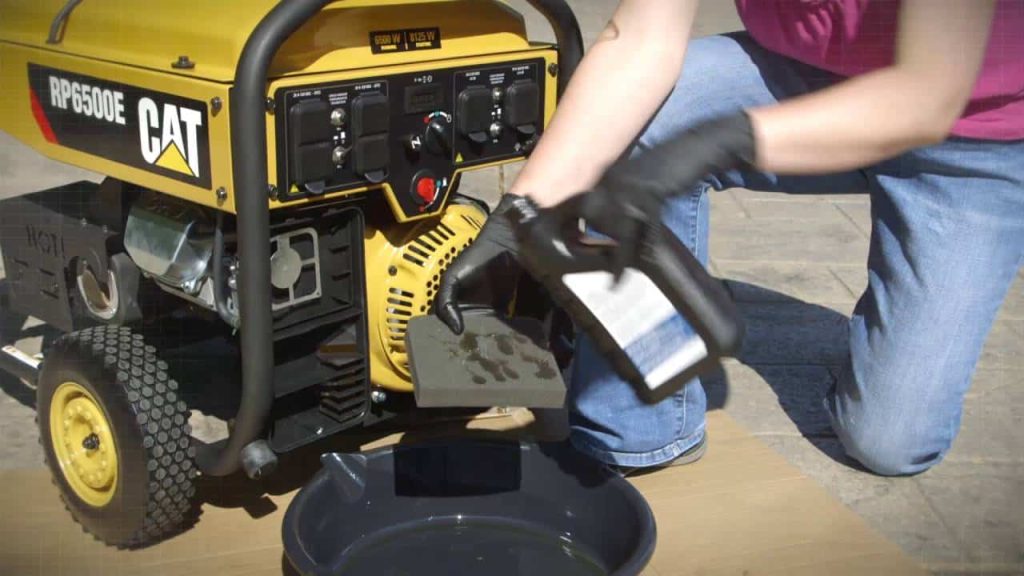
Dirty Oil Filter
It is recommended to change the generator oil and the filter regularly. A dirty oil filter can block the oil flow through the engine components, resulting in friction and overheating. It can also affect the chambers, valves, and pistons.
Do not also forget to check the gaskets and clamps. Make sure they are secure and tight and have no leaks.
External Heat
This one is a bit obvious. If you place the generator in a place with too much heat, expect the temperature of the generator to increase significantly when it is running. Thus, buy or build a portable generator shelter.
Structural Issues
It is a very rare scenario, but in case you crash, drop, or hit your generator, you need to inspect if there is no damage to the structure and internal components of the generator. Structural issues can cause overheating.
Can Generators Overheat?: Prevention and Solution
If you own a generator, you might ask this question – can generators overheat? While it is true that generators can overheat for so many reasons, it is also important to note that you can prevent generator overheating. Here are a few things that you can do:
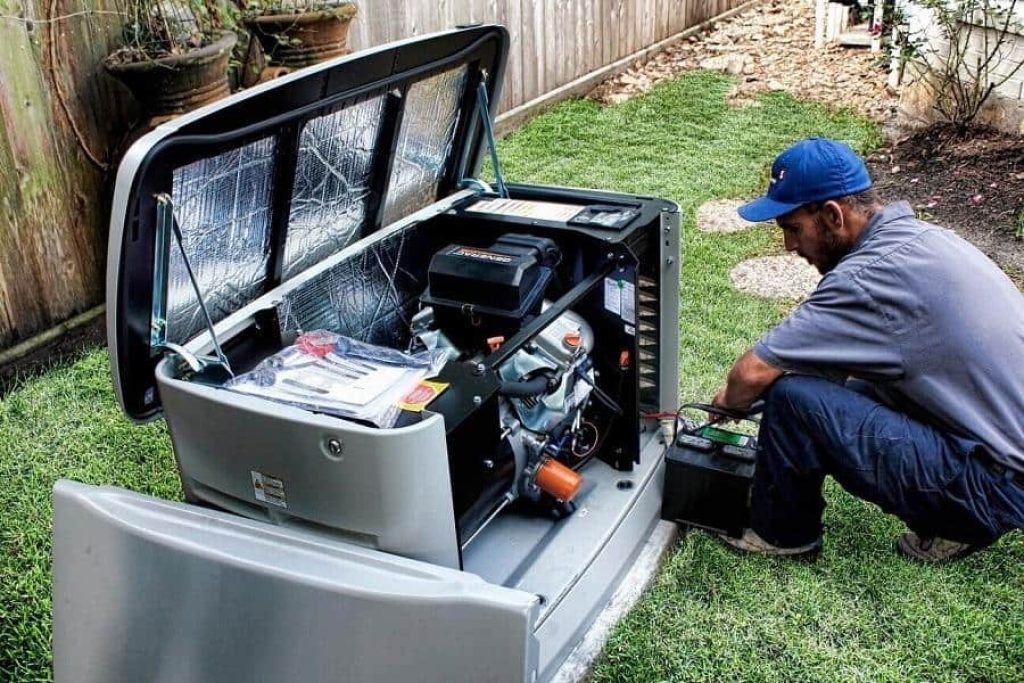
Perform Regular Oil and Filter Changes
Oil is very important because it keeps the entire system lubricated. It allows the engine and other components to function seamlessly. You should follow the owner’s manual for the recommended oil to use and the frequency of oil and filter changes.
If you fail to replace the oil and the filter, it can cause overheating and irreparable damage. Also, make sure to check and replace the fuel filter whenever necessary.
Keep The Coolant Level
One of the best ways to control the temperature of your generator is to provide a steady supply of coolant. If the coolant level is too low, the generator engine becomes too hot, and when it is too hot, it can stop the generator from running.
Overheating may result in serious damages that would require expensive repairs. To ensure the reliable performance of the generator at home or while camping, check and maintain the coolant level.
Repair Broken Parts
You should visually inspect your generator and look for punctured, leaking, and collapsed hoses. If these issues are present, the energy efficiency of your generator will decline. It means that the generator needs to work harder to provide the power and thus, making the engine overheat.
If you find leaks and collapsed hoses, make sure to have them immediately repaired. Ask professionals for assistance if you don’t know how to fix these problems.
Don’t Block the Exhaust Pipes.
Blocking the exhaust pipe can cause overheating. Thus, one of the best ways to prevent overheating is to keep the exhaust area free from any elements, dirt, and debris. The exhaust pipe should be positioned in a well-ventilated area, away from walls, windows, doors, and vent openings.
Generators should be placed in a safe location, at least 20 feet from your home. It would be best not to put the generator in the basement and garage because it can trap toxic emissions.
Avoid Overloading the Generator
Generators come in a wide range of sizes and power load capacities. Overloading the generator by connecting too many appliances can cause overheating. Thus, getting a generator that can power your essential devices at home, including your refrigerator, air conditioning, lights, and more, is advisable.
Aside from overheating the engine, overloading your generator can reduce the expected lifespan and result in unreliable performance. If you need more power for your home or job site, consider purchasing a generator with higher power output.
Perform Regular Maintenance
One of the reasons why generators overheat is the lack of maintenance. It is recommended to follow the suggested maintenance schedule for your generator. It can extend a generator exhaust.
Performing regular maintenance will keep your generator in prime running condition. You should check the generator’s oil, filters, coolant, and other components. If you notice some issues, make sure to have them fixed immediately. Do not leave any issue unattended, as it may create severe problems in the long run.
Keep The Exterior Clean
Generators are placed outside the house or in a shed. Keep the exterior or surrounding area clean from dirt, debris, and dust. You should remove anything that blocks the air vents and restrict airflow.
When cleaning the exterior of the generator, do not use a wet cloth or do not spray water on the generator. Doing so can damage the generator and can cause shock or electrocution.
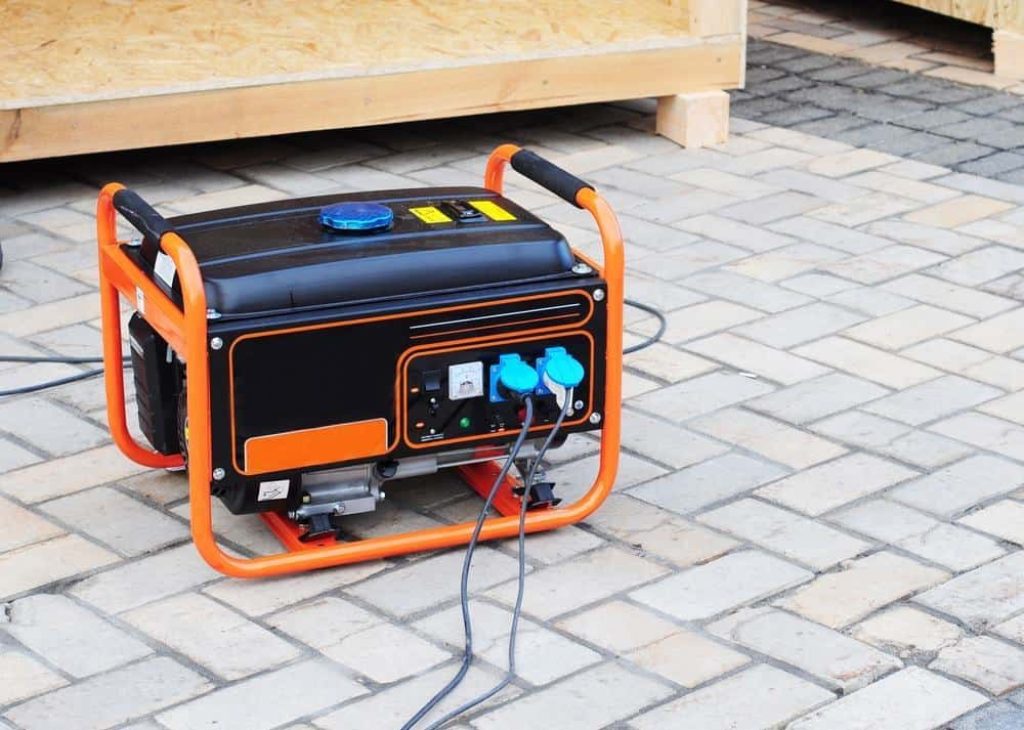
FAQ
Can Generators Overheat?
For the question “can generators overheat?” the answer is yes, generators can overheat. There are different reasons why generators overheat, but thankfully, there are also ways that you can prevent overheating from happening.
What causes the generator to overheat?
Generator overheating is caused by electrical overload, exhaust pipe blockage, dirty fuel and oil filters, external heat, and structural issues. Aside from overheating, these things can cause severe damage to the generator. Thankfully, these things are entirely repairable, and you can easily prevent them from happening.
Can I spray the generator with water?
No, it would help if you did not spray the generator. When the generator is wet, it can pose a shock and electrocution hazard. Do not plug or unplug generators when they are wet. It would help if you allowed the wet generators to dry off before using them again. Also, place the generator in a waterproof, well-ventilated generator shed to prevent it from getting wet.
How can I prevent generators from overheating?
There are different ways to prevent generators from overheating: regular oil and filter changes, keeping a good coolant level, holding the generator in a well-ventilated area, and performing routine maintenance. Also, do not overload your generator because overloading is one of the leading causes of generator overheating.
Can generators overheat in the sun?
Yes, it can overheat the generator. Extreme temperatures, including the external temperature from the sun, can cause the engine to overheat while running. Thus, putting the generator in a durable, weather-proof generator shelter is recommended. Also, make sure that there is enough airflow.
Can I run the generator for long hours without overheating?
Yes. High-quality generators can operate for long, continuous hours. To avoid overheating, make sure to keep the filter clean, the exhaust pipe free of dirt and debris, avoid overloading, and keep the generator away from direct sunlight or extreme temperature.
Conclusion
Generators can overheat for different reasons; some have severe causes, while others are minor. Thus, it is essential to pay attention to how to prevent generator overheating from happening. Following proper safety and maintenance schedule for your generator is also recommended.
In summary, the quick answer to the question “can generators overheat?” is yes.


